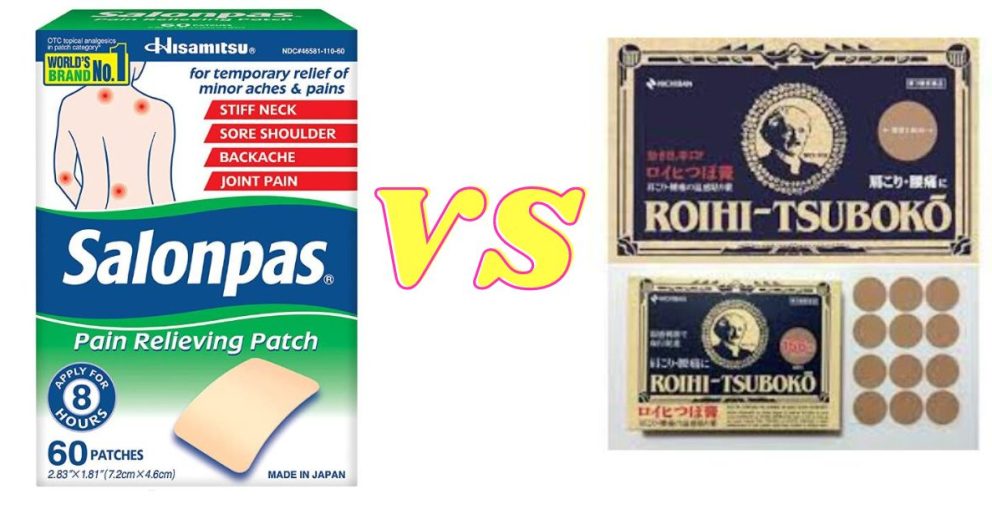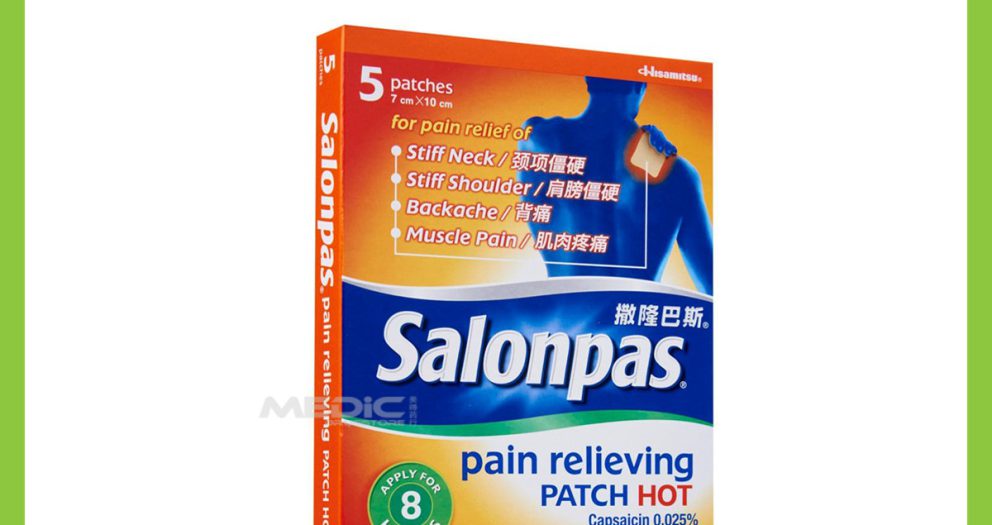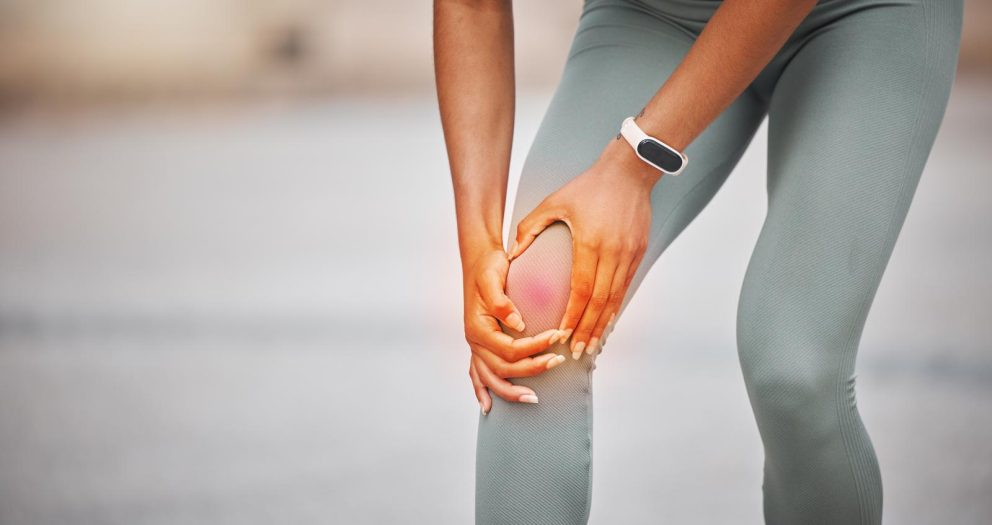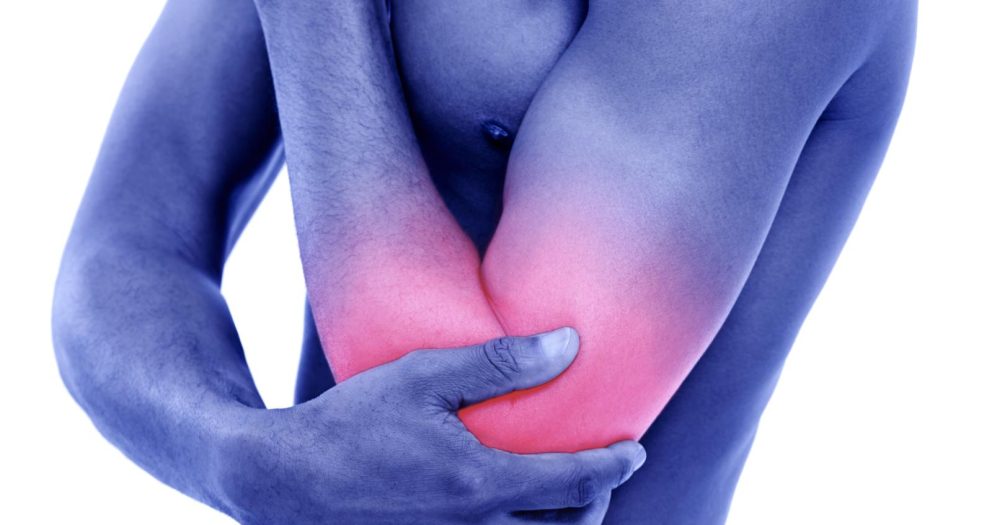Do you suffer from joint pain and wonder if your excessive drinking habits are to blame? The answer is yes, it could be. Joint pain is a common condition that affects millions of people worldwide, and excessive drinking is a known contributor to various health problems.
Excessive drinking dehydrates the body, reducing joint lubrication and nutrient content, suppressing the immune system and aggravating joint inflammation, which can cause or worsen joint pain. It is crucial to limit alcohol consumption to maintain joint health and prevent pain.
In this article, we will explore the connection between excessive drinking and joint pain and discuss the various types of joint pain caused by alcohol.
We will also examine the ways to manage joint pain caused by excessive drinking, including reducing alcohol consumption, proper nutrition, regular exercise, and medical treatment. So, if you’re wondering if excessive drinking can cause joint pain, keep reading to find out.
Can Drinking Alcohol Cause Muscle And Joint Pain?
Excessive alcohol consumption leads to dehydration, which can result in a decrease in joint lubrication, worsening joint pain, and the suppression of the immune system due to a reduction in the body’s nutrient content.
This can further exacerbate joint inflammation, leading to potentially severe health consequences. It is well-established that dehydration caused by alcohol consumption can significantly impact joint health, causing discomfort and pain in individuals with preexisting joint conditions or injuries.
Furthermore, chronic alcohol consumption can impair the body’s ability to absorb essential nutrients and minerals, leading to a range of health problems, including muscle and joint pain. Therefore, reducing alcohol intake is crucial to maintaining proper joint health and preventing the development or worsening of joint pain.
4 Effects of Excessive Drinking on Joint Health
Certainly, excessive drinking can have several negative impacts on joint health. Let’s dive into the effects of excessive drinking on joint health, which can lead to pain and discomfort:
Increased inflammation
Excessive alcohol consumption can cause inflammation in the joints, leading to pain and stiffness. Chronic inflammation can also lead to more severe joint conditions, such as rheumatoid arthritis.
Nutrient deficiencies
Alcohol can reduce the body’s ability to absorb essential nutrients such as calcium, magnesium, and vitamin D, leading to deficiencies that can weaken bones and joints. Nutrient deficiencies can also impact joint health by contributing to inflammation and cartilage damage.
Reduced bone density
Excessive drinking can lead to a decrease in bone density, making bones more fragile and susceptible to fractures. This reduction in bone density can cause pain and stiffness in the joints.
Joint injuries due to accidents
Excessive alcohol consumption can lead to impaired judgment and coordination, increasing the likelihood of accidents and joint injuries. These injuries can cause significant joint pain and discomfort, and may require medical attention.
5 Ways to Manage Joint Pain Caused by Excessive Drinking
Certainly, joint pain caused by excessive drinking can be managed through various methods. Here are some ways to manage joint pain caused by excessive drinking:
Limit alcohol consumption
Reducing or eliminating alcohol consumption can significantly improve joint pain caused by excessive drinking. Cutting back on alcohol can also reduce inflammation and improve overall health.
Proper nutrition
Maintaining a balanced diet rich in nutrients can help manage joint pain caused by excessive drinking. Eating foods that are high in antioxidants, vitamins, and minerals can help reduce inflammation and improve joint health.
Regular exercise
Regular exercise can help improve joint health and reduce pain caused by excessive drinking. Low-impact exercises, such as swimming, walking, or cycling, can help strengthen muscles and joints without putting excess stress on them.
Medical treatment
In some cases, medical treatment may be necessary to manage joint pain caused by excessive drinking. Over-the-counter pain relievers, such as acetaminophen or ibuprofen, can help manage mild to moderate joint pain. In more severe cases, prescription medications, such as corticosteroids or disease-modifying antirheumatic drugs (DMARDs), may be necessary.
Seek professional help
Seeking professional help is always recommended when it comes to managing joint pain caused by excessive drinking. A healthcare professional can provide an accurate diagnosis and create a personalized treatment plan to manage joint pain effectively.
In summary, joint pain caused by excessive drinking can be managed through limiting alcohol consumption, proper nutrition, regular exercise, medical treatment, and seeking professional help. By taking care of the body and managing joint pain, individuals can improve their overall health and quality of life.






